SARDINE FISH
Specifications
Brand Name: Sardine Fish
Place of Origin: UK/Europe
Weight range: 15-58.5 lb
Length range: 51-95 cm
Frozen process: Frozen, IQF (individual quick frozen) or BQF (block quick frozen)
Frozen Method: Flash Frozen(once-frozen), retains the nutrients, texture, taste and flavor of freshly caught fish.
Specifications: Size: 200-300g, 300-500g, 400-600g
Fishing method: Wild-caught
Shelf life: 24 months under -18oC.
Taste: Natural, lower fat and heat, healthy, fresh and cool.
Quality: Has higher oil content
Color: Light pink to orange colored flesh
Texture: Flakey, dense texture
Packing: Carton or depends on clients’ requirements
Best season: all year round
Certification: Halal, Kosher, ISO and Health certificate
Nutritional Benefits
Sardines are highly nutritious fish known for their dense nutrient profile. Here are the key nutritional values of
sardines:
Protein: Sardines are an excellent source of high-quality protein, providing about 25 grams of protein per 3.5-ounce (100-gram) serving. Protein is essential for muscle repair, growth, and overall bodily functions.
Omega-3 Fatty Acids: They are rich in omega-3 fatty acids (EPA and DHA), which support heart health by reducing inflammation, lowering triglycerides, and improving cholesterol levels. Omega-3s also benefit brain function and eye health.
Vitamins:
Vitamin D: Sardines are a great source of vitamin D, which is crucial for bone health and immune function.
Vitamin B12: Important for nerve function, red blood cell formation, and DNA synthesis.
Niacin (Vitamin B3): Supports metabolism and skin health.
Minerals:
Calcium: Sardines are an excellent source of calcium, particularly when eaten with their bones, supporting strong bones and teeth.
Iron: Essential for oxygen transport in the blood and energy production.
Selenium: Acts as an antioxidant, helping to protect cells from damage.
Fat Content:
Healthy Fats: Sardines contain healthy unsaturated fats, including omega-3s. They have relatively low saturated fat content.
Calories: A 3.5-ounce (100-gram) serving of sardines typically contains around 200-250 calories, depending on the preparation method.
Cholesterol: Sardines contain cholesterol, but their omega-3 fatty acids contribute to heart health and can help balance cholesterol levels.
Sardines are often enjoyed in various forms, including fresh, canned, or smoked, and offer a nutrient-dense option for a balanced diet.
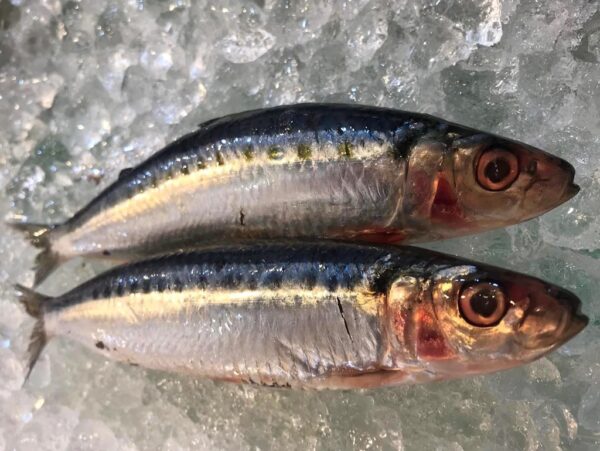
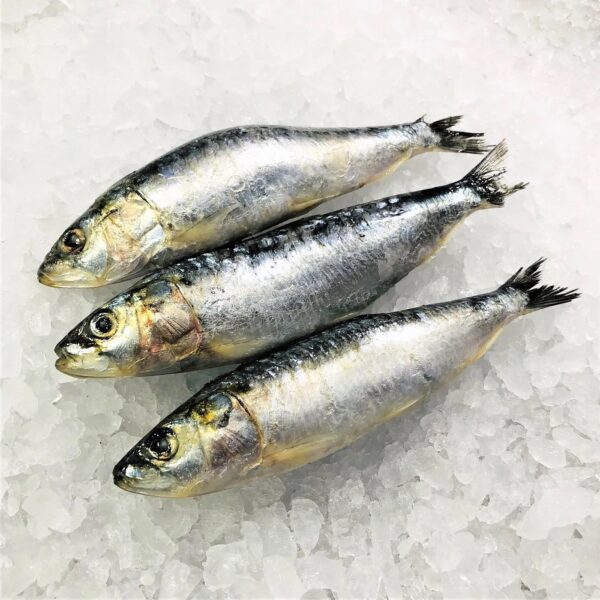
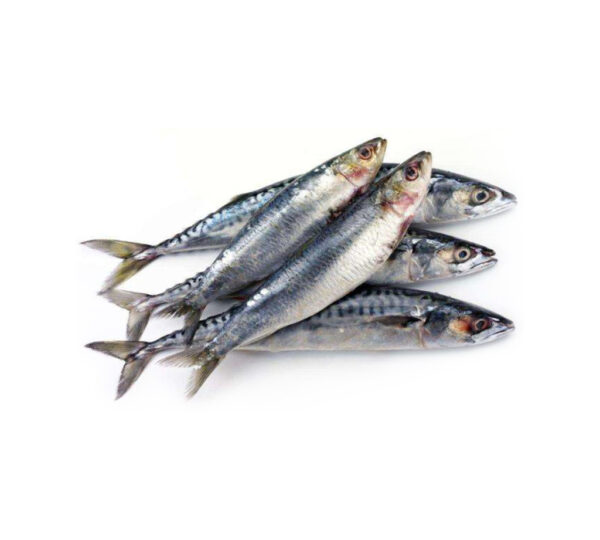
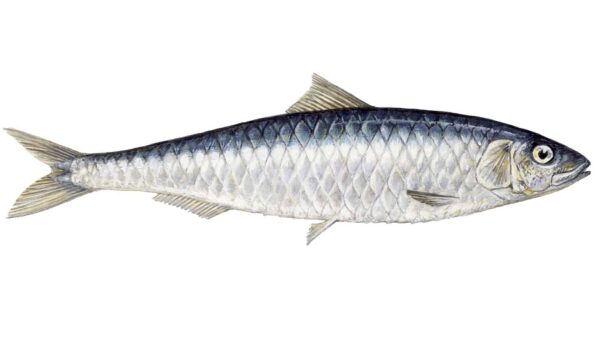


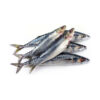



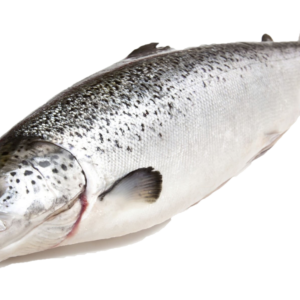
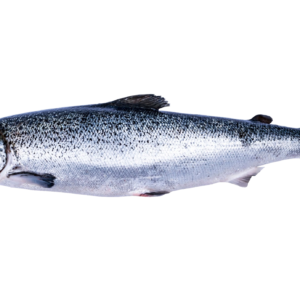
Reviews
There are no reviews yet.